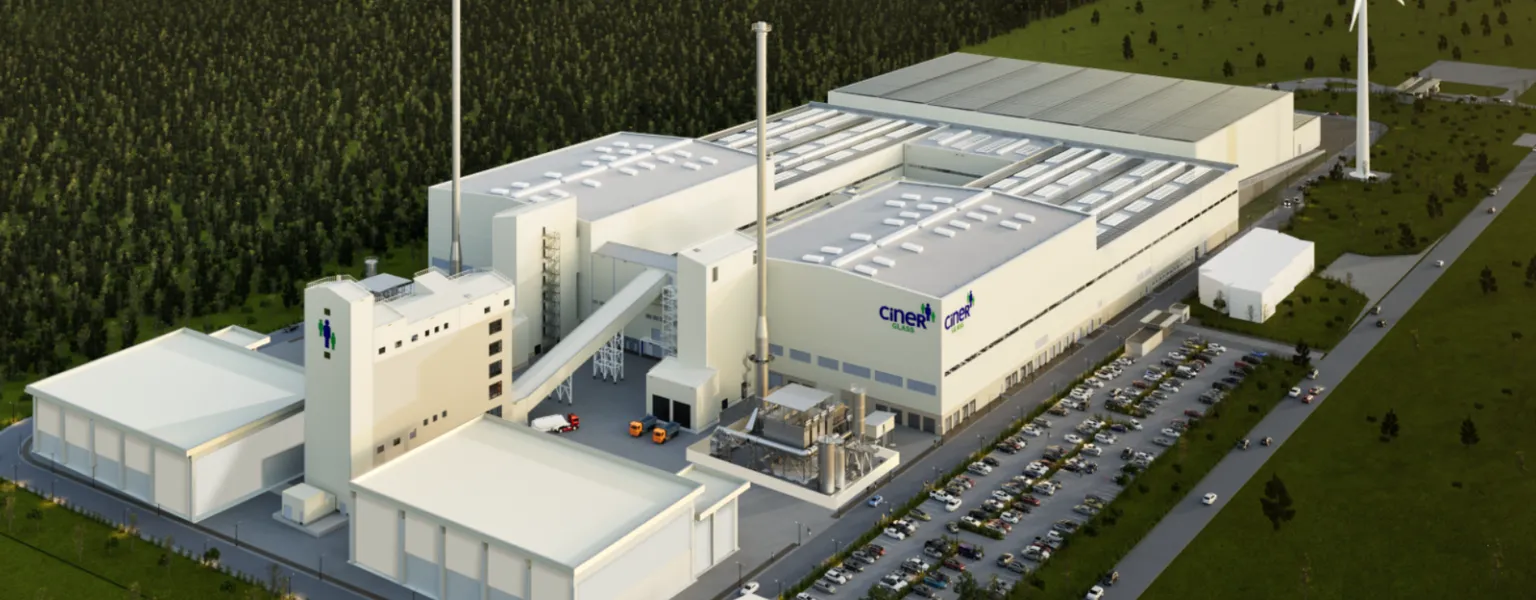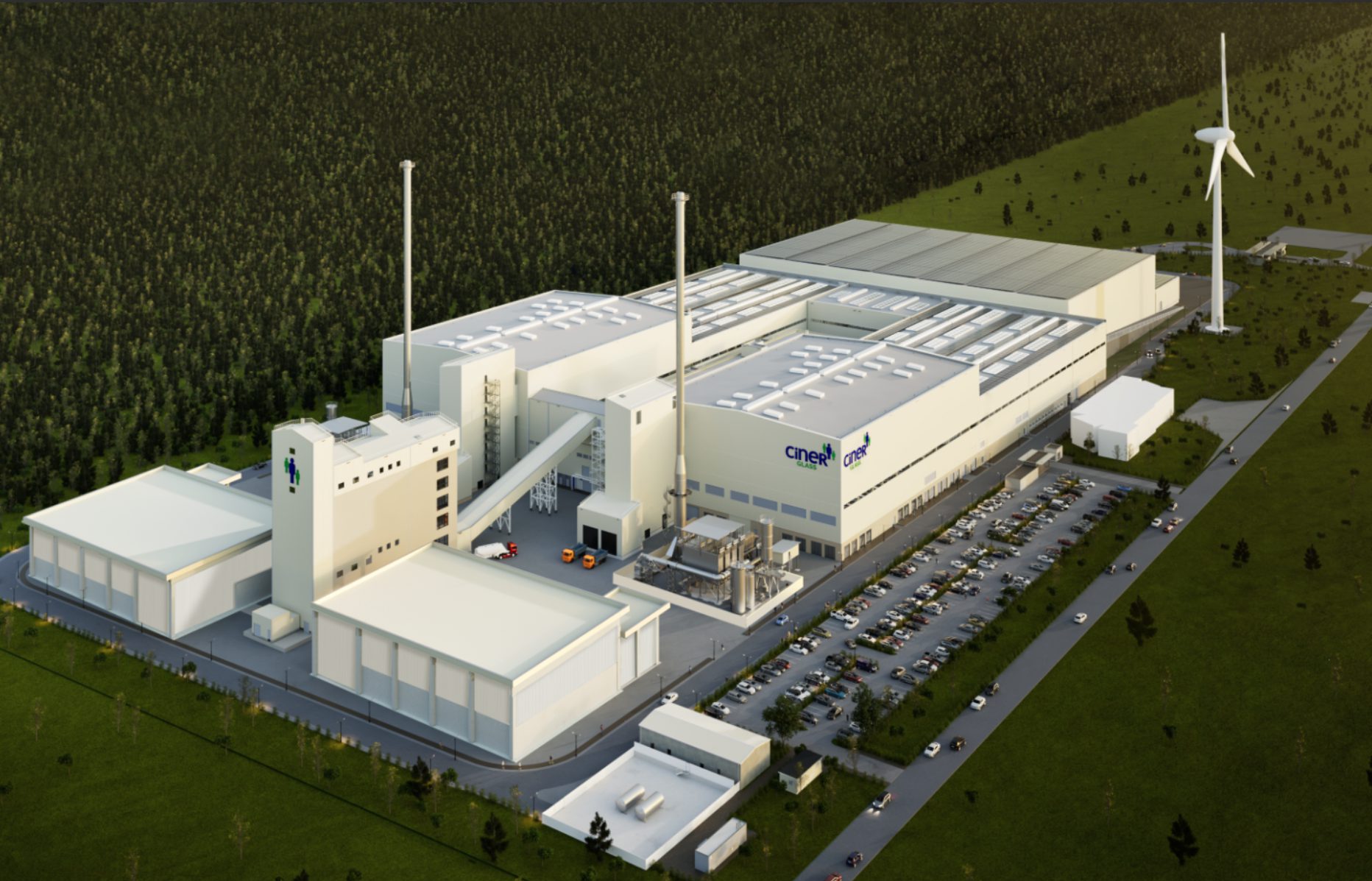Ciner Glass secures €504 million in financing to launch major production facility in Belgium

Business
Ciner Glass has clinched €504 million in funding to support a new state‑of‑the‑art container glass manufacturing plant in Lommel, Belgium.
This major financing deal marks one of the largest foreign direct investments in the country in recent memory.
The funding package is evenly split between two main components:
- €252 million backed by export credit agencies—including SACE S.p.A. (Italy), UK Export Finance, and SERV (Switzerland).
- €252 million from commercial lending, partially guaranteed by Gigarant NV and involving prominent institutions such as BNP Paribas (Agent), BNP Paribas Fortis (Coordinator), MUFG Bank, KBC Bank, Belfius, BBVA, Banco BPM, DHB Bank, and ENBD Denizbank.

The Lommel facility will feature two high-capacity glass furnaces, each capable of melting 650 tonnes per day, supplying a total of eight production lines. Once fully operational, the plant will reach 1,300 tonnes per day production—a massive scale for Europe’s container glass market. The first furnace is expected to go live in Q2 2026, with the second coming online in 2027, allowing the facility to ramp up to its full capacity.
The factory is projected to create around 500 direct jobs, delivering a significant boost to the local economy and supporting numerous indirect roles across the region. As one of the largest FDI projects in Belgium over the past decade, it underscores Ciner’s confidence in long-term commitment to the Flemish region.
Gökhan Şen, CEO of Ciner Glass, said: This investment is a significant milestone for Ciner Glass and a testament to our long-term vision for sustainable industrial growth in Europe. We are proud to bring one of the most advanced container glass production facilities to Belgium, creating hundreds of jobs and delivering high-quality, environmentally responsible products to our customers.
I would like to extend our sincere thanks to our financial partners — including our ECA supporters and commercial lenders— and also to the Flemish Government for their trust and collaboration in making this project a reality. Their support is instrumental in helping us build a greener, more resilient future for the glass industry.
The plant is designed for eco‑friendly operations, targeting 75% use of recycled glass (cullet), which significantly reduces raw material needs and energy consumption. Bottles produced will be approximately 10% lighter, further lowering resource use and CO₂ emissions during transport. By combining weight reduction, recycled material use, and local production, the plant is expected to cut annual CO₂ emissions by nearly 29,000 tonnes.
Related News
-
Sustainability
Jägermeister bottles to be made using low-carbon hybrid furnace
-
Sustainability
Belgium breaks ground on major new plastics recycling plant for household waste
-
Sustainability
Navigating the complex realities of sustainable packaging
-
Sustainability
Absolut Vodka and Ardagh co-invest in hydrogen-fired glass furnace
-
Events
London Packaging Week reports unprecedented demand as industry leaders gear up for landmark event




